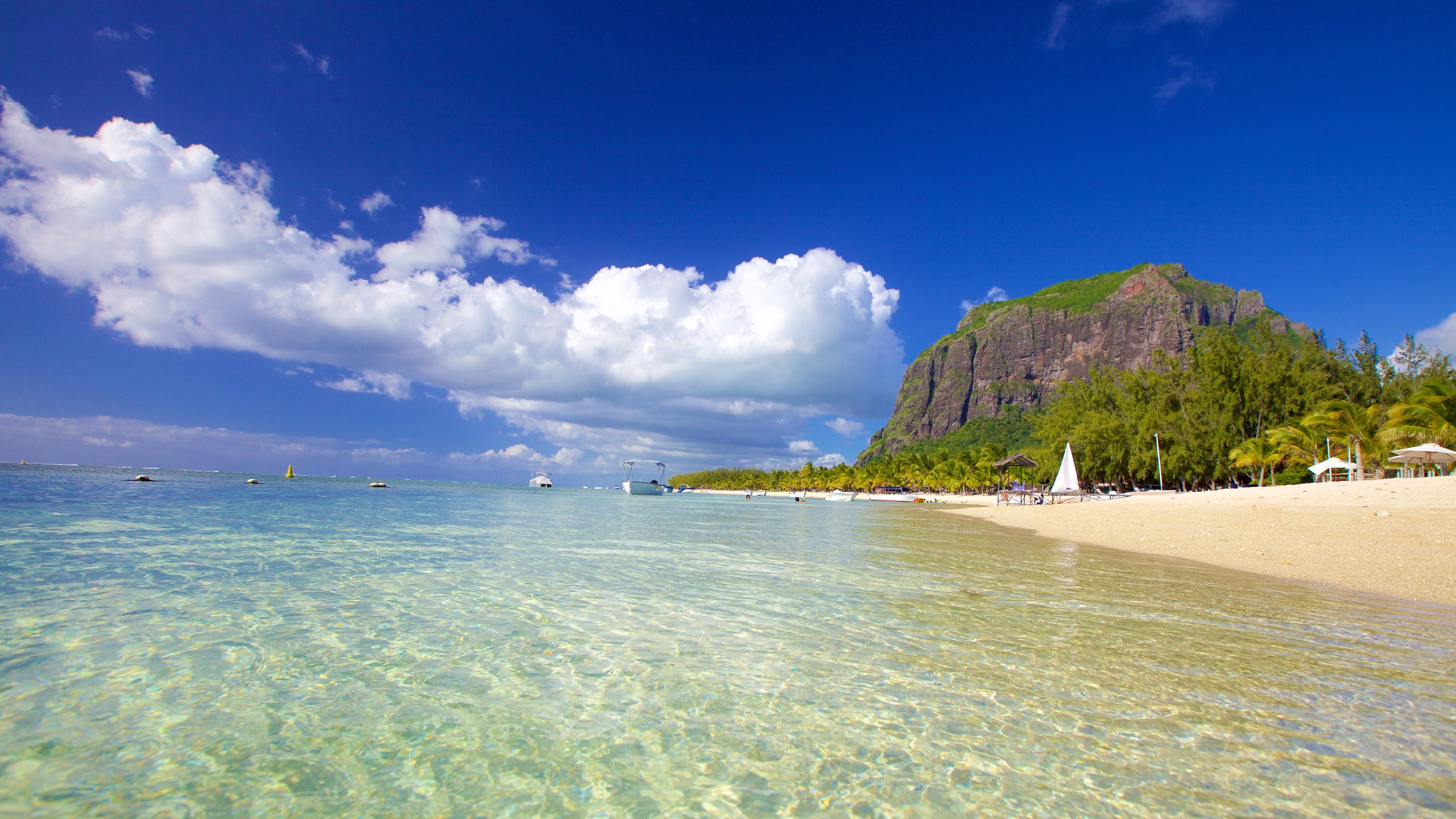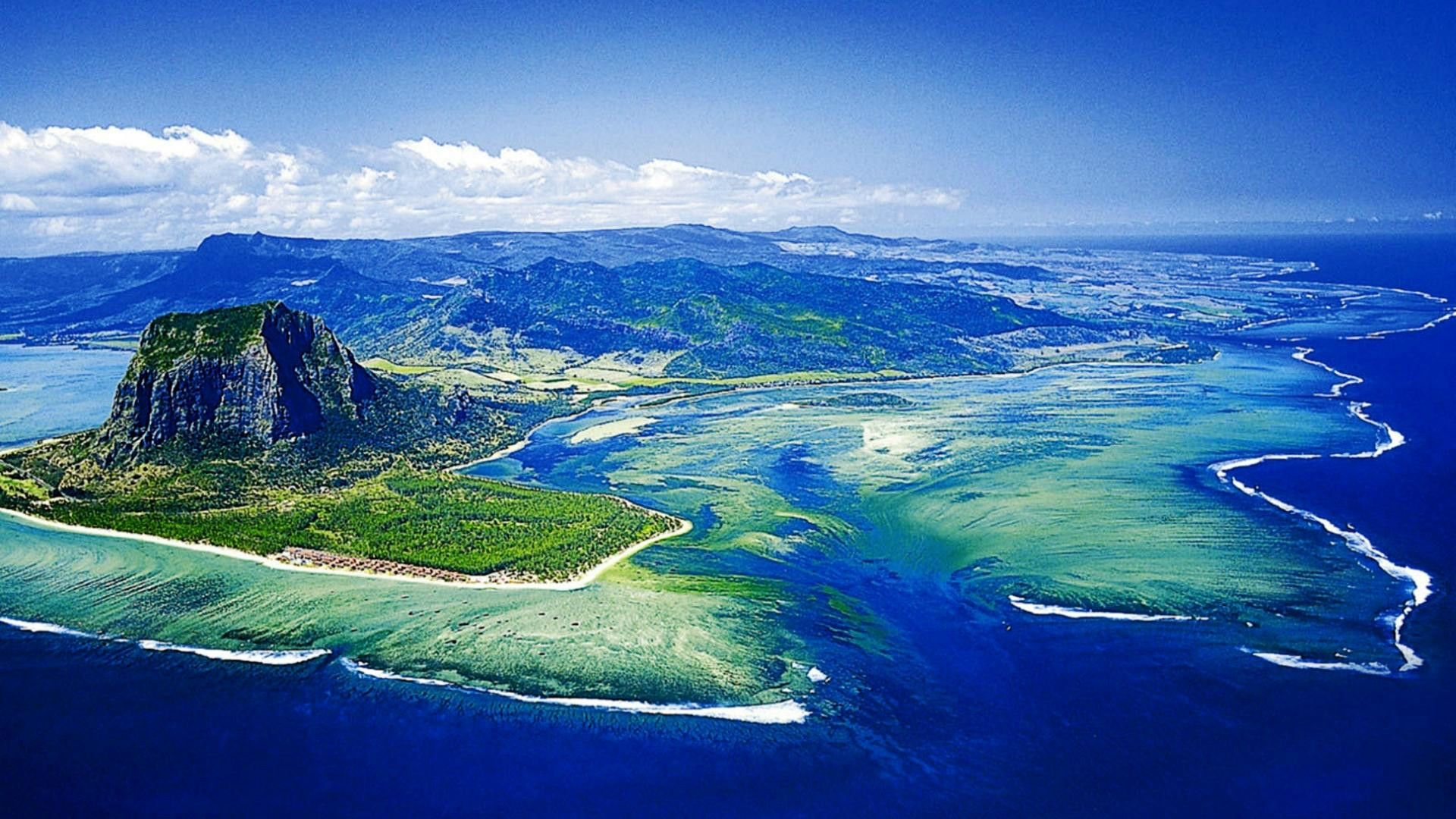Mauritius was discovered by the Europeans in the 16th century. It was visited by the Portuguese in the early 16th century and was subsequently ruled by the Dutch, the French and the British.
Cornelius Gooyer established the first permanent Dutch settlement with a garrison of 25 in 1638. Slaves from Madagascar were brought to Mauritius by the Dutch in the mid-17th century.
After the abolition of slavery during British rule, indentured laborers from India arrived in Mauritius during the 19th century via Aapravasi Ghat which is today recognized as a UNESCO world heritage site.


Since independence in 1968, Mauritius has developed from a low-income, agriculture-based economy to a middle-income diversified economy.
The economy is based on tourism, textiles, sugar, and financial services. In recent years, information and communication technology, seafood, hospitality and property development, healthcare, renewable energy, and education and training have emerged as important sectors, attracting substantial investment from both local and foreign investors.
Learn MoreSituated near the tropic of Capricorn, Mauritius has a tropical climate. There are 2 seasons: a warm humid summer from November to April, with a mean temperature of 24.7° and a relatively cool dry winter from June to September with a mean temperature of 20.4°.
Mauritius ranked second in an air quality index released by the World Health Organization in 2011.
The population estimate for the whole republic is 1,291,456. The people of Indian descent (Indo-Mauritian) follow mostly Hinduism and Islam.
The Franco-Mauritians, Creoles and Sino-Mauritian’s follow Christianity. A minority of Sino-Mauritians also follow Buddhism and other Chinese-related religion.
Hinduism is the major religion at 49%, followed by Christianity 32%, Islam 17% and Buddhist 0.4% in terms of number of adherents.
Learn MoreEnglish is Mauritius’ official language. Most Mauritians are multi-lingual and speak English, French, Creole and other ethnic languages.
Creole is the most widely spoken language on the island.
Learn MoreMauritius is one of the world’s top luxury tourism destinations. It possesses a wide range of natural and man-made attractions, enjoys a sub-tropical climate with clear warm sea waters, attractive beaches, tropical fauna and flora complemented by a multi-ethnic and cultural population that is friendly and welcoming.
These tourism assets are its main strength, especially since they are backed up by well-designed and run hotels, and reliable and operational services and infrastructures.
Mauritius has an extensive bus network that connects every nook and corner of the island. Transportation is free for students.
Taxis are also widely available and offer a quick but expensive mode of transportation.
Air-Mauritius is the official airline and connects Mauritius to a wide range of destinations.
The UK, France, India, UAE & South Africa are very well connected with flights on a daily basis.
Local Mauritian food is a combination of different flavors inspired from Indian, Chinese, European and African cuisine.
Restaurants serving international cuisines are widely available.
Approximate costs of living including accommodation will range from between 300-400 USD per month on an accommodation sharing basis.